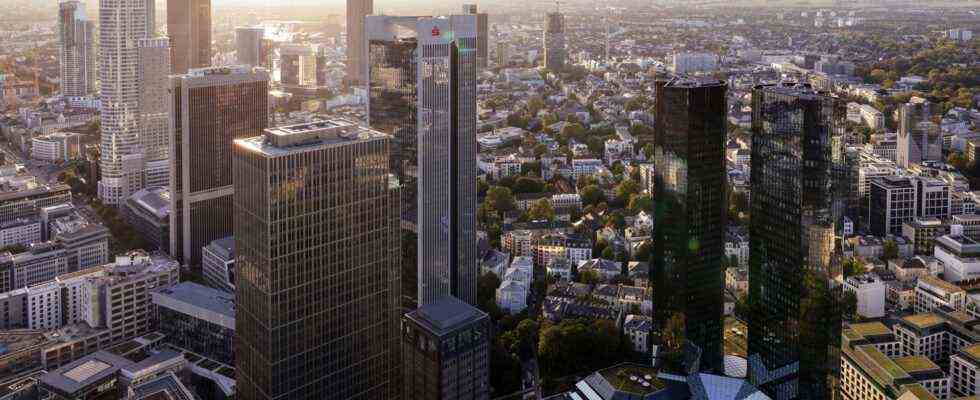Status: 02/16/2022 4:55 p.m
One thing is certain: inflation is back. The only question is: how will things continue this year? The chief economists of six banks provide the answers.
The Thiele family is currently experiencing in the Taunus what people are painfully realizing all over Germany: Prices are rising – whether for groceries, at the gas station or for heating with gas. Because the salary of the average earner does not grow with it, there is only one other way out: save in everyday life. “If the pizza from the delivery service keeps getting more expensive, then we refrain from doing it in between,” says Tobias Thiele, firefighter and father of two. His wife Olivia has already changed her shopping habits. “I now take advantage of more offers where I would have said before: ‘Oh, it doesn’t matter!'”
Inflation significantly higher than expected by the ECB
The rising prices have now reached the middle class. Of course, those who earn below average have it even harder. And no one should hope for that to change anytime soon this year, according to an exclusive poll by the ARD business magazine plusminus among the chief economists of the German banks. The inflation rate this year will be significantly higher than the two percent inflation target of the European Central Bank, according to Deutsche Bank, Commerzbank, KfW, ING, savings banks and cooperative banks.
“Following the surprisingly high inflation rate of 4.9 percent in January, we now expect a rate of a good four percent for the year as a whole,” predicts Stefan Schneider, chief economist for Germany at Deutsche Bank Research. His colleague from Commerzbank, Jörg Krämer, even expects “almost five percent”. That has a lot to do with Corona: companies can offer less, but at the same time consumer demand is high, so that a sharp increase in the inflation rate can be observed throughout the western world.
“Almost four percent” – that is the inflation expectation of Carsten Brzeski, chief economist at ING Germany. His justification for sustained price increases: “Companies will pass on the increased producer prices and production costs to the end consumer.”
decline “in the duck aisle”
Chief economist Andreas Bley of the Federal Association of German Volksbanken and Raiffeisenbanken speaks of a “dumping” of the inflation rate. He then expects an annual average of 2.75 percent – hardly lower than last year (3.1 percent). KfW chief economist Fritzi Köhler-Geib also expects a slow decline in inflation. Only in the last few months of this year could the price increase “direction two percent” develop. And for the savings banks finance group, 3.2 percent is predicted as an annual figure. “So that’s far more than what the ECB once said was price stability,” said DSGV spokesman Alexander Hartberg.
All of this is bad news for average earners like the Thieles. But the family council has already taken up initial consultations on an austerity budget and stumbled across the now expensive flights to Mallorca for the summer vacation. “Bavaria should also have beautiful corners,” says father Thiele and laughs a little tormented. At the same time, he knows that some others have to cut back much more than his family of four when prices rise.
The business mazagin Plusminus reports on this topic tonight at 9.45 p.m. in the first.

